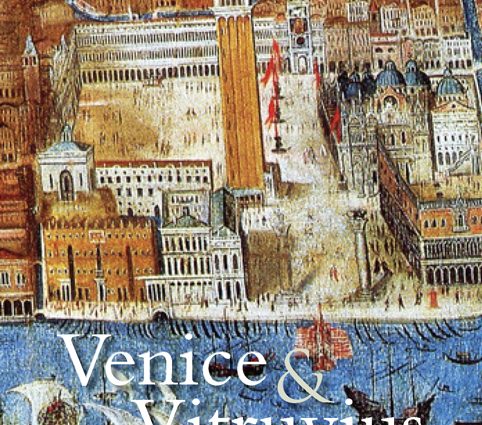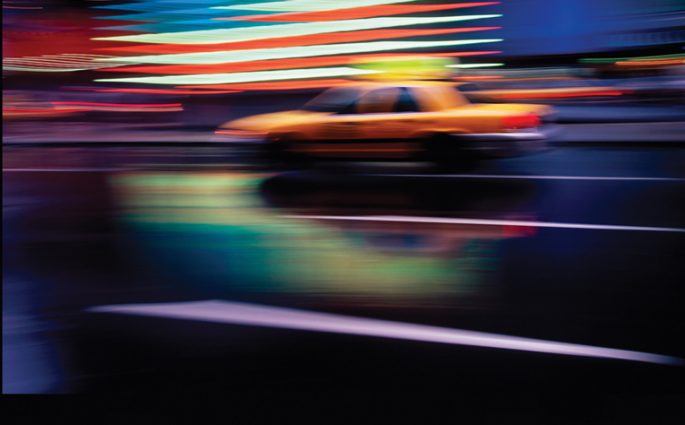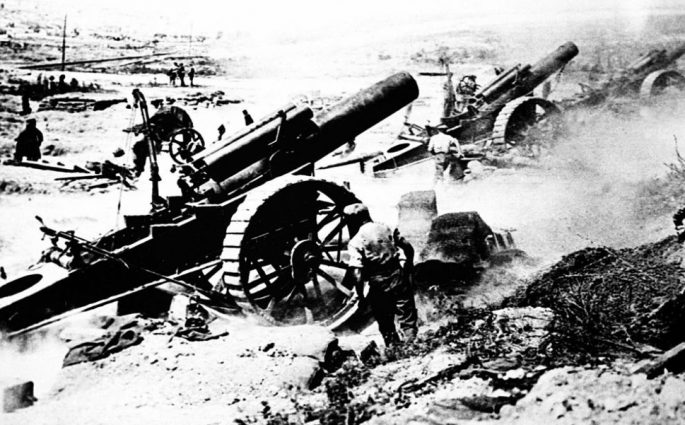Sustainable Venice
When read together, Venice from the Water and Venice & Vitruvius present a multi-sided picture of the complex history and fate of the famous floating city of Venice. In many ways, the books complement one another, engaging in the same subject through different perspectives and offering interrelated conclusions. This dynamic



